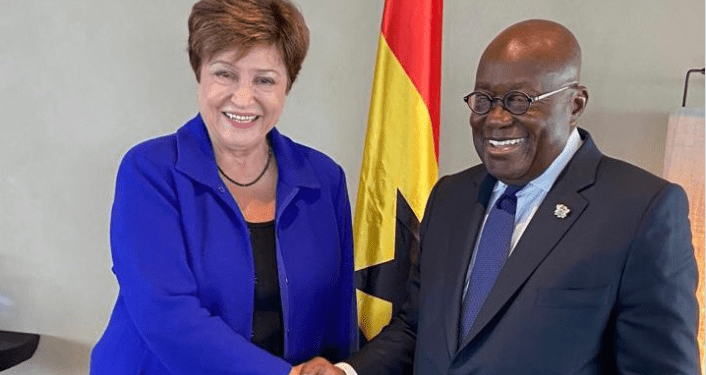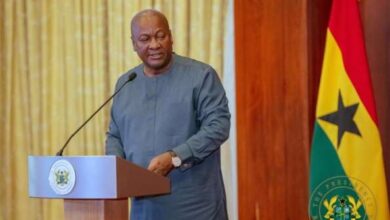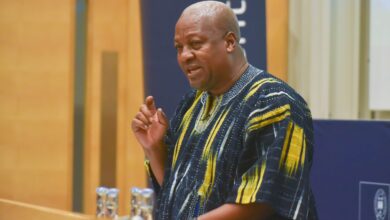IMF Greenlights $360M for Ghana as Economy Shows Signs of Stabilization
The IMF’s third review of Ghana’s $3 billion program highlights growth, fiscal discipline, and debt restructuring progress.

- Ghana's growth recovery boost confidence in the country's economic strategy
- Ghana has restructured domestic debt and Eurobonds
- The government recorded a primary surplus of 0.5% of GDP
The International Monetary Fund (IMF) Executive Board has concluded the third review of Ghana’s $3 billion Extended Credit Facility (ECF) program, approved in May 2023.
This milestone paves the way for an immediate disbursement of Special Drawing Rights (SDR) 269.1 million (approximately $360 million), increasing total disbursements to about $1.9 billion.
The IMF reports positive outcomes from Ghana’s economic reforms and policy adjustments.
Deputy Managing Director Bo Li highlighted that the country’s economic strategy is on track, with significant improvements in key indicators such as growth and fiscal performance. “The economy is showing clear signs of stabilisation,” Li said.
Key achievements under the program include:
- Macroeconomic Recovery: Despite challenges, Ghana has seen rapid growth recovery, a decline in inflation (though slower than expected), and improved fiscal and external positions.
- Public Debt Restructuring: Ghana has successfully restructured its domestic debt and Eurobonds, with ongoing discussions for further restructuring with external creditors.
- Fiscal Discipline: The government has achieved a primary surplus of 0.5% of GDP, aiming for 1.5% by 2025 through increased domestic revenue mobilization and rationalizing non-priority expenditures.
The Bank of Ghana’s cautious monetary policy has helped lower inflation and rebuild international reserves. Efforts to stabilize the financial sector include promoting recapitalization and strengthening both state-owned and private banks.
Bo Li emphasized the importance of continuing reform efforts, particularly in sectors like energy and cocoa, to address structural vulnerabilities and strengthen Ghana’s fiscal framework. He stressed the need for sustained fiscal policy adjustments, particularly before and after the upcoming elections, to support social programs and enhance economic resilience.
Looking ahead, the IMF urges Ghana to focus on improving tax administration, controlling expenditures, modernizing fiscal responsibility frameworks, addressing energy sector challenges, and enhancing governance to boost private sector investment and job creation.
The IMF remains committed to supporting Ghana’s sustainable growth, underscoring that consistent reform implementation is crucial for long-term macroeconomic stability and poverty reduction.





